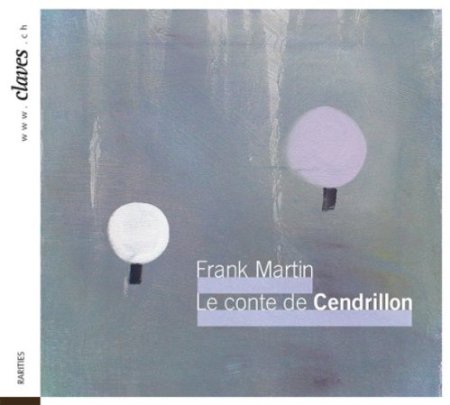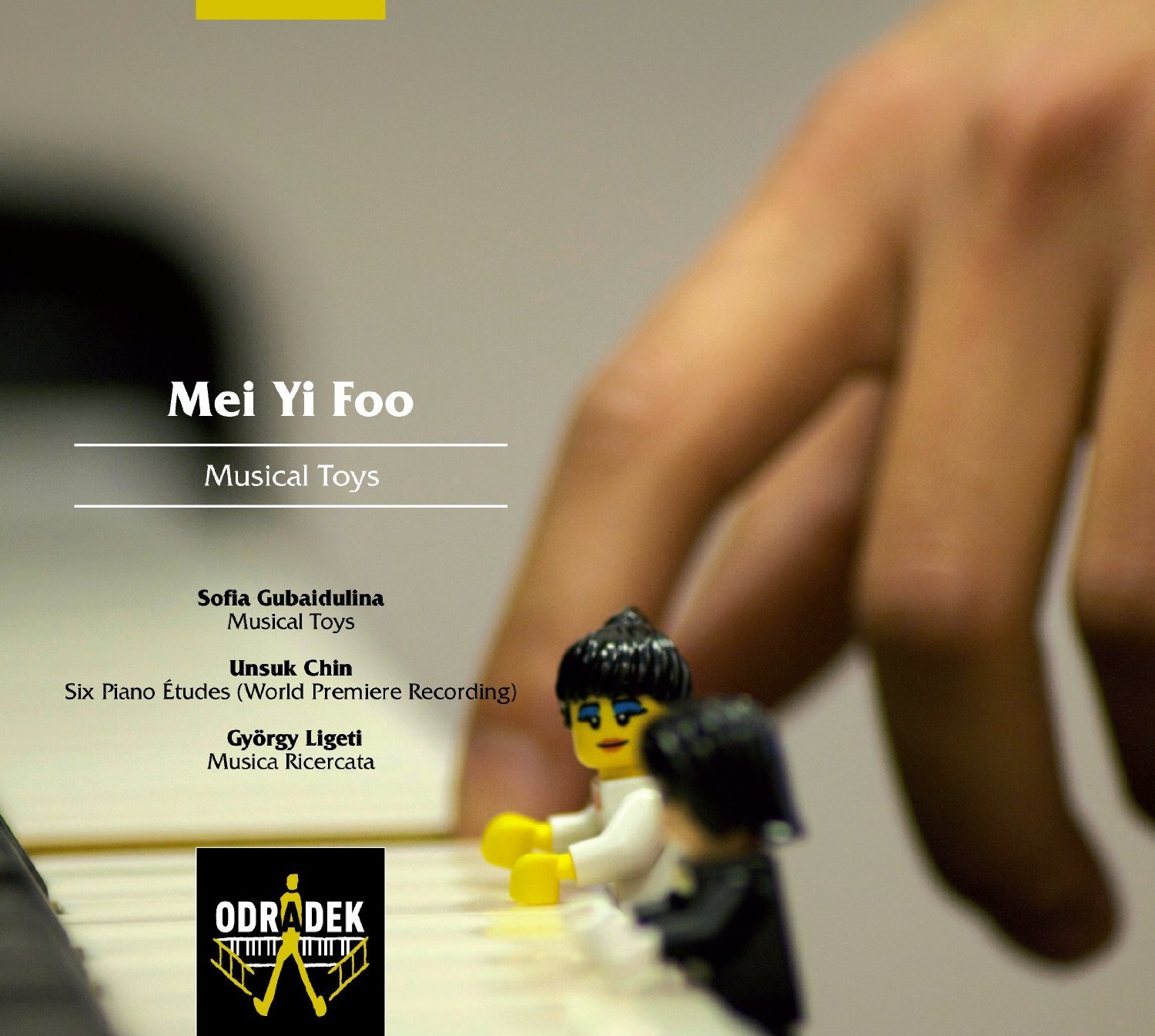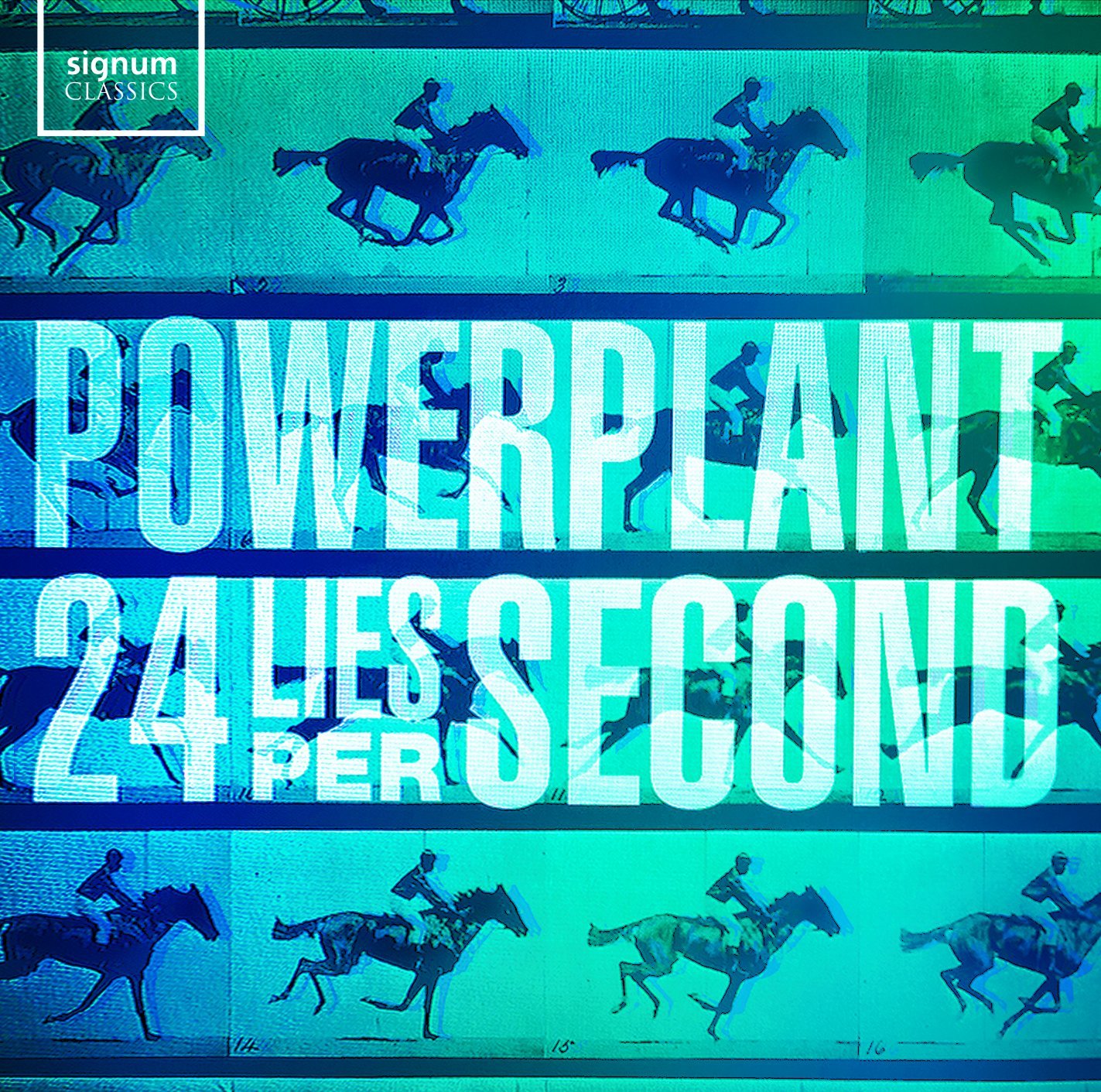
Prokofiev’s three-act Cinderella ballet score remains one of his greatest creations. It’s so impressive that you’re incredulous to learn that there exists another account – written by the Swiss composer Frank Martin in 1942. It was successfully performed in Basel in 1942, conducted by the great Paul Sacher, before slipping into total obscurity. Martin based his scenario on the Grimm brothers’ darker Aschenputtel rather than the more familiar Charles Perrault version. It’s more delicately scored than Prokofiev's lavish effort, with four vocalists singing in German, doubling up as the various characters. And musically, it’s terrific – witty, melodic and beautifully orchestrated. Comparing both composers’ efforts is inevitable. Martin’s dryer, quizzical score can’t measure up to Prokofiev’s moody sucession of noirish waltzes. But, taken on its own terms, Aschenbrödel is glorious, rich stuff.
Martin’s oblique, ambivalent take on jazz lends several of his dances a brittle, Kurt Weill-ish feel, a pair of saxophones wailing deliciously near the start of the third act. His fairies are accompanied by music that’s just as delicate as Prokofiev’s, and I’d argue that Martin’s visceral depiction of midnight’s chimes is more terrifying, the texture abruptly thinning after the twelfth bell stroke. The vocal parts are delicious, particularly the pair of women’s voices used to portray the birds’ chorus. The closing chorus is magical. The orchestral playing is indecently accomplished, the players’ sense of shared discovery palpable. Unmissable, in other words. Track this CD down and buy multiple copies for friends and acquaintances. They’ll be grateful.

Mei Yi Foo’s debut disc deserves all the praise it has garnered; I’d also award it a bonus prize for Best Use of Lego on a Classical CD Cover. Which is less flippant than it might sound – the sleeve art is delightful, and suggests that what might seem on paper to be an intractable recital of modern piano music could actually turn out to be something highly enjoyable. Delicious even. Sofia Guibaidulina’s 1969 suite, Musical Toys, gives the album its name; a sequence of 14 jewel-like miniatures, each one containing musical riches totally out of proportion to its modest scale. Giggle at the funky bass line suggesting A Bear Playing the Double Bass and be enchanted by Gubaidulina’s portrayal of a Sleigh with Little Bells. Me, I’m still haunted by the ghostly harmonics faintly discernible in The Echo. Childlike needn’t mean naïve or childish. These probing little pieces sound like profound whisperings from a distant planet.
Korean composer Unsuk Chin’s six Études are absorbing both musically and technically. There’s fun to be had hearing the pianist’s left and right hand lines battle it out in the Scherzo ad libitum, and the deep bell sounds of In C are magnificent. Ligeti’s wonderful 11-movement Musica ricercata closes the anthology. The pounding, Bartókian opener uses just two pitches – used to power a stunning, percussive accelerando – and each subsequent piece adds another pitch. The gradual broadening of the music’s harmonic scope is startling, and the close, a slow, offbeat homage to the baroque composer Frescobaldi, provides a fittingly strange conclusion. The curious will then reprogramme their CD players to play the album in the order suggested by Mei Yi Foo. This release comes from Odradek Records, a cooperative, artist-controlled, not-for-profit venture. It’s well engineered and handsomely annotated – a desert island disc.
Watch Mei Yi Foo play Unsuk Chin

Sixty minutes of aggressive, percussive minimalism. Consuming this brilliantly engineered disc through headphones is ultimately exhausting, but it’s a journey you'll be glad to have made. Graham Fitkin’s Chain of Command is a startling opener. Crude but musically effective, it’s constructed entirely of vocal samples of Donald Rumsfeld and George W Bush, taken from speeches about Guantanamo. Naturally, the words and phrases chosen don’t do the speakers any favours. It’s incredibly clever, but a bit of an ordeal. Much more engaging is an early Steve Reich work, My Name Is, this new recording skilfully assembled from audience members’ responses to being asked their names. The best moment comes about seven minutes in, when the mellifluous Jacqueline enters, her multi-tracked vocals creating a few minutes of rhythm and harmonic bliss.
Max de Wardener’s 24 Lies Per Second takes its title from Michael Haneke’s definition of film; the end result is five minutes of unrelieved gloom. The White Ribbon’s spooky glockenspiel solo is carefully blended with real sounds. De Wardener’s clangorous Im Dorfe takes its starting point from the Schubert song, a piano sample assailed by a battery of feverish percussion. There’s an enjoyable bonus video of Im Dorfe, where Dorian Ford’s piano part is joyously flattened by Joby Burgess’s drums. Conlon Nancarrow’s 1952 Piece for Tape (for Percussion) is played live, rather than on tape, complemented by Dominic Murcott’s rather less engaging, improbably-monikered update, Armed Response Unit. Mostly bracing, stimulating music, brilliantly played and recorded.














Add comment